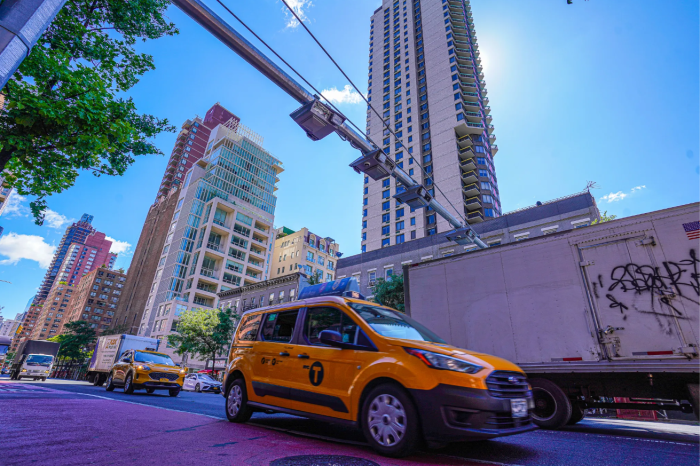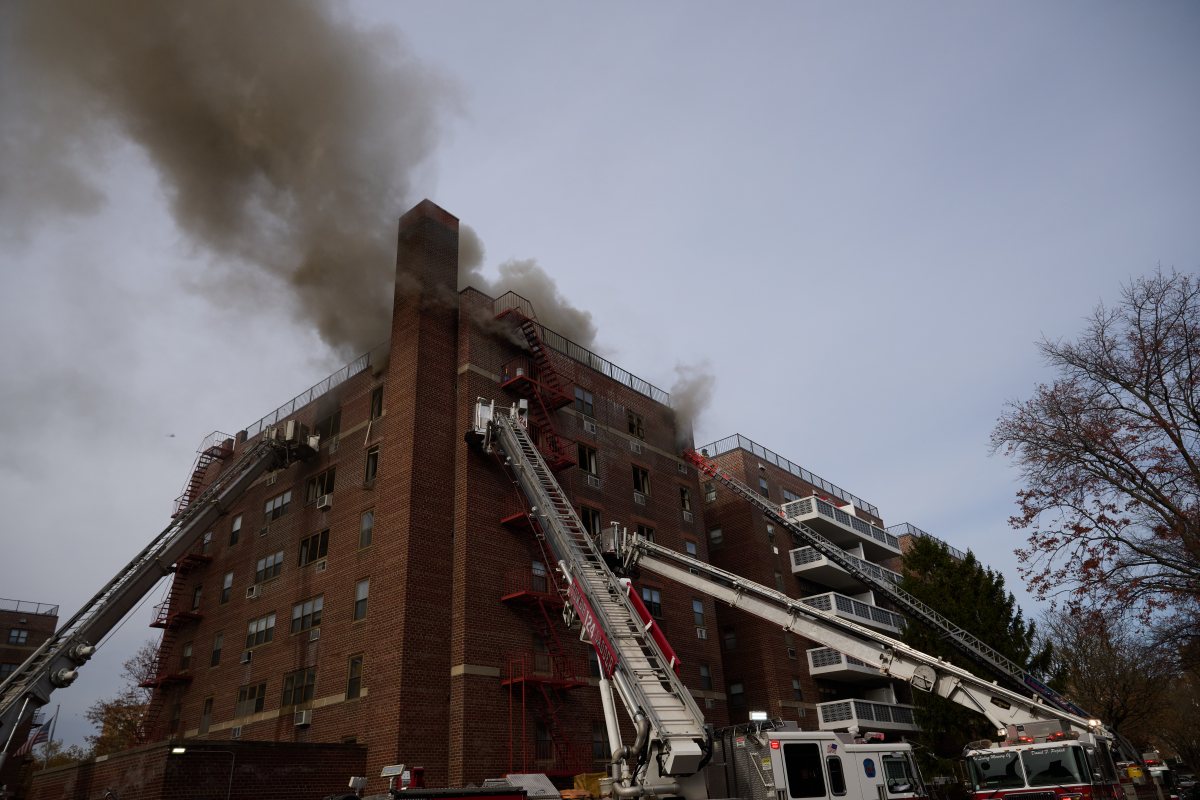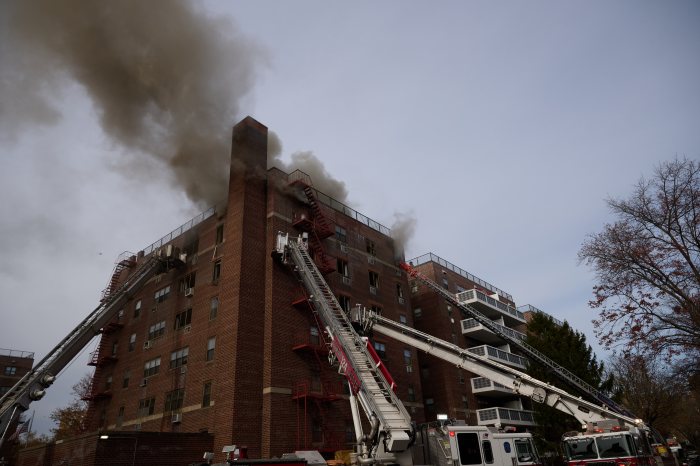
For the MTA, every dollar counts.
That’s the argument from state elected officials and transit advocates who rallied on Monday against a $65 million reduction of promised MTA funds in Gov. Andrew Cuomo’s proposed state budget.
The transit agency is receiving a $30 million increase in state funding through the 2018 Fiscal Year budget—a bump from $4.456 billion to $4.486 billion—thanks to additional revenue coming in from dedicated taxes, like the payroll mobility tax. But ralliers believe Cuomo is using that increase in funds through taxes to skirt a contribution commitment he made six years ago.
“This is a time when we should be investing more money to run and improve public transportation,” said John Raskin, executive director at the Riders Alliance, remarking on the decline in subway service.
“Instead, Gov. Cuomo in his budget is threatening to break a promise that was made to transit riders. Gov. Cuomo is threatening to cut $65 million from a vital MTA funding source.”
After the payroll mobility tax, an important, but politically challenging revenue source for the MTA was scaled back during a restructuring in 2011, Gov. Cuomo pledged to make the agency whole, and has done so by committing just north of $300 million from the state’s general fund each year.
Last year, that number was about $309 million. This year, it’s $244 million. The governor’s office has argued that the surge in tax revenue this year justifies the $64 million cut from the general funds.
Jon Weinstein, a spokesman for the governor, called the rally, which featured the text “#CuomosMTA” on the podium, part of the “misleading theatrics” of the push back.
“Enough with the grandstanding and misleading theatrics,” said Weinstein in a statement. “It’s an indisputable fact that the state is providing $30 million more in operating funds to the MTA this year – we’re happy to help anyone do the math.”
Still, Bronx Assemblyman Jeffery Dinowitz, chairman of the Assembly Committee on Corporations, Authorities and Commissions, said a cut this year could jeopardize the state’s commitment in the future: MTA money from the state’s general funds is supposed to be constant, while the tax revenue fluctuates.
“If we end up cutting that money this year, the temptation is going to be there in the future to cut it even further,” Dinowitz said. “So the only way to deal with this is not to cut it. It’s to keep the promise for transit riders.”
With the support of 65 members of the state Senate and Assembly, Dinowitz said he was extremely confident that the $65 million could be restored before the state budget’s enactment on April 1.
But top brass at the MTA, a state-run agency, haven’t been sweating the budget. At last week’s board meeting, Acting Chairman Fernando Ferrer dismissed the idea of a funding cut and said that the agency would ultimately be benefitting from a bottom-line increase.
“I’m not one to argue for less money. I think we put money to good use,” Ferrer said. “I think it’s important we acknowledge facts.”
And “facts are stubborn things,” he said.



































